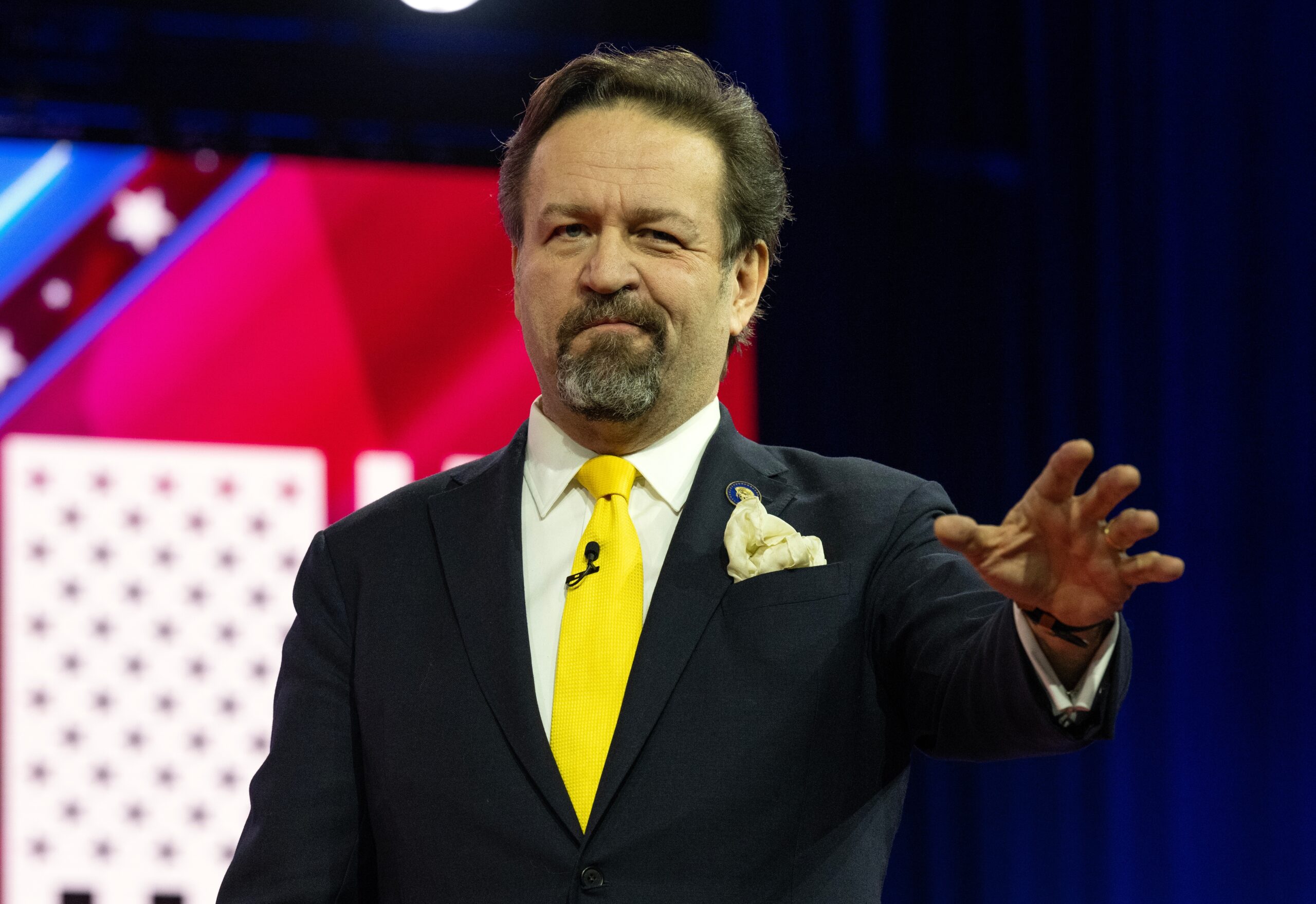Gorka’s BLOCKBUSTER Statement – It’s HIM!

White House counterterrorism official Sebastian Gorka fiercely defended the Trump administration’s deportation of Kilmar Abrego Garcia to El Salvador, calling him a confirmed MS-13 gang member who poses a threat to American security.
At a Glance
- Sebastian Gorka defended the deportation of Kilmar Abrego Garcia as necessary for national security
- Garcia was linked to MS-13, recently designated as a foreign terrorist organization
- The Supreme Court ordered the administration to “facilitate” Garcia’s return after his deportation
- El Salvador’s President Bukele confirmed Garcia’s gang membership during a White House meeting
- The case highlights ongoing tensions between national security priorities and legal procedures
National Security Decision Defended by White House
Sebastian Gorka, a senior White House counterterrorism advisor, has taken a firm stance on the deportation of Kilmar Abrego Garcia, describing it as a straightforward national security matter. Garcia’s case became controversial after the Trump administration deported him to El Salvador on March 15, despite a lower court ruling. The administration has prioritized the removal of individuals with suspected ties to criminal organizations since President Trump’s inauguration in January 2025.
Gorka articulated the administration’s position in clear terms, stating that Garcia’s status as both an illegal entrant and an alleged MS-13 member justified his removal. The decision gained additional legal weight following the Trump administration’s recent designation of MS-13 as a foreign terrorist organization, elevating concerns about individuals linked to the group.
Legal Controversy Surrounds Deportation
The Supreme Court recently ordered the administration to “facilitate” Garcia’s return to the United States, ruling that a lower court correctly ordered his release. This has created tension between judiciary orders and executive actions on immigration enforcement. The Trump administration acknowledged Garcia’s deportation as an “administrative error,” though officials maintain that his removal was justified on security grounds.
“Well, the question is solved. At so many levels. Number one, this individual is a foreign national who came here illegally. So that’s your first two strikes. Then we find out he’s a member of an organization that we recently designated as a foreign terrorist organization. So, three strikes, and you’re out.”, said Sebastian Gorka.
Legal experts have criticized the Supreme Court’s ruling as lacking urgency, given that Garcia was reportedly detained in a Salvadoran megaprison after his deportation. Stanford Law professor Orin Kerr characterized the court’s decision as “Marbury-esque,” suggesting it rejected the administration’s position in a way that lower courts would understand while avoiding direct confrontation with the president.
Political Divide Over Immigration Enforcement
The case has intensified political divisions over immigration policy and enforcement priorities. Gorka specifically criticized congressional Democrats who expressed concern about Garcia’s rights, framing the issue as a clear choice between protecting American citizens and defending individuals with terrorist ties. The White House position remains firm that Garcia’s deportation was justified by his illegal status and alleged gang affiliation.
“It’s quite telling that we have Democrats on Capitol Hill — not just the lunatics who are torching Tesla dealerships in acts of terrorism themselves — saying, ‘oh my gosh, the rights of this individual,’”, added Gorka.
White House Press Secretary Karoline Leavitt reinforced this position, stating that Garcia could never have expected to “live a peaceful life in Maryland” given his terrorist and gang affiliations. She noted that El Salvador’s President Nayib Bukele confirmed Garcia’s MS-13 membership during a meeting in the Oval Office, providing international verification for the administration’s security concerns.
Broader Impact on Immigration Policy
The Garcia case represents a significant test of the Trump administration’s aggressive immigration enforcement strategy and its relationship with judicial authority. The Supreme Court’s intervention signals potential limits on executive deportation powers, even as the administration argues for broad latitude in matters of national security. This case occurs against a backdrop of multiple court challenges to various Trump administration policies since January.
The administration faces criticism from Democratic strategists who point out that many deported individuals have no criminal records, while supporters defend the tougher stance as necessary for national security. This ideological divide reflects broader disagreements about the proper balance between enforcement priorities and legal protections in the American immigration system.












